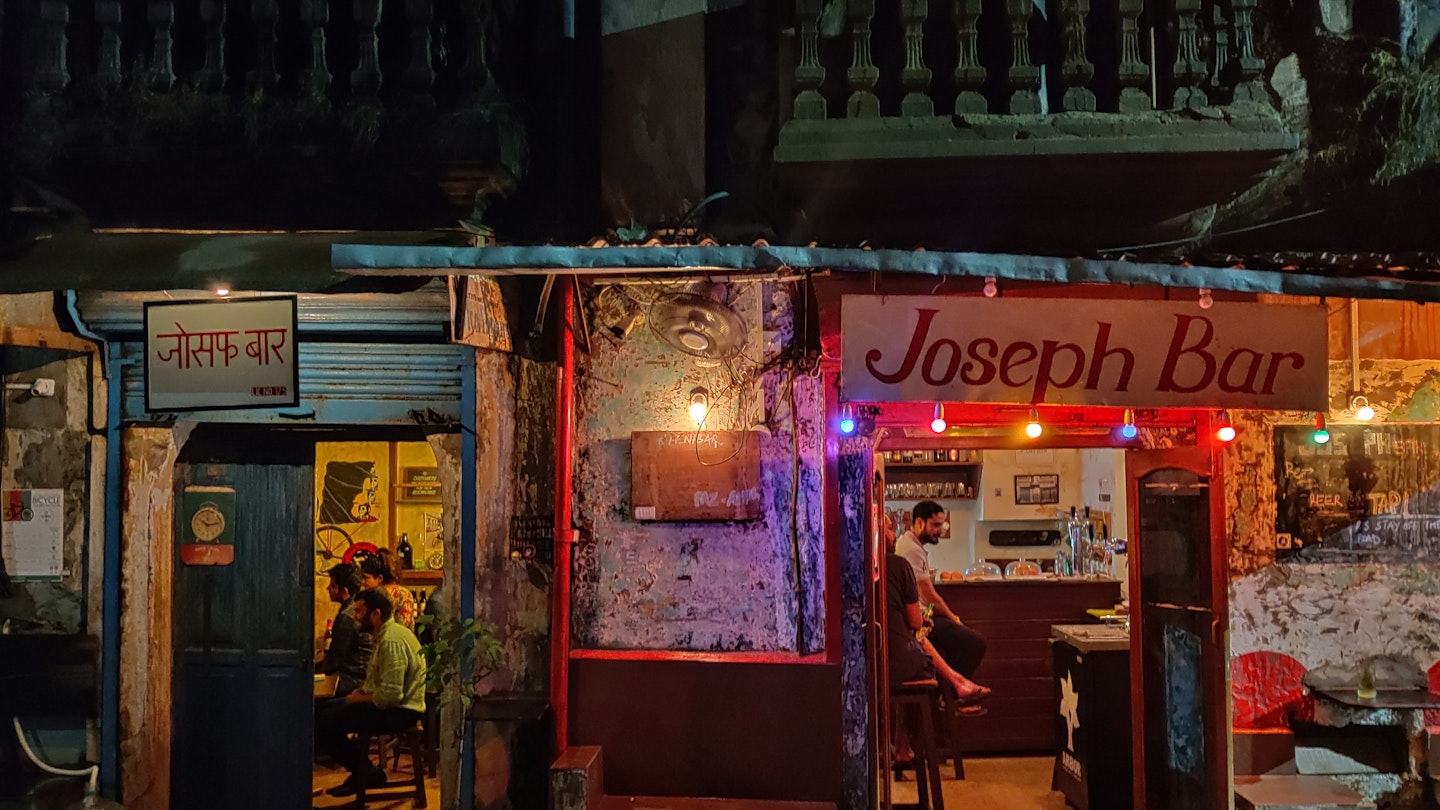Explore Goa’s Timeless Tavern Culture
In the quaint Pomburpa village of Goa, there exists a 100-year-old bar called Rose Bar. Managed by 85-year-old Joao Fernandes, a dedicated coconut plucker or todekar, this bar showcases a collection of hunting trophies and ancient garrafões—traditional glass-blown containers for the local spirit, feni.
Feni is the renowned local spirit of Goa, known for its potent qualities and distinctive aroma, crafted from cashew or coconut palm. Establishments like Rose Bar provide a fascinating window into Goa’s drinking past, where taverns played a vital role in daily life.

As Victor Hugo from Goa Chitra Museum notes, “Taverns were a place where workers, after a long day, could enjoy a quick shot of feni before heading home. They served as a space for break and relaxation.”
Significance of Taverns in Goan Life
Each tavern catered to different groups, such as porters near village markets or fishermen close to beaches. Some catered specifically to coconut pluckers and night-shift workers, with certain establishments remaining open from midnight to early morning.

According to Hansel Vaz, owner of Cazulo Premium Feni, “These taverns served as meeting spots for relaxation and social interaction, where daily news, sports discussions, and local events were shared. It provided a comforting balance to the stresses of life.”
Culinary Delights at Goa’s Taverns
The tavern menus are characterized by simplicity with offerings like chone-bhikna (boiled horsegram and peanuts), boiled eggs, tora shiro (mangoes pickled in salt water), and various fish and meat cutlets. These dishes are primarily designed to complement the alcoholic beverages.

Each bar has a unique feni, served directly without branded bottles, often accompanied by local beers. Many taverns feature local games, scenic views, and a welcoming atmosphere.
The Shrinking Tavern Scene
However, these taverns face the threat of extinction, overshadowed by modern bars and changing consumer interests. According to 2018 statistics, only 113 taverns maintained liquor licenses in Goa.

Despite this decline, local enthusiasts are striving to preserve this cultural heritage by engaging with taverns. Tavern trails across Goa promote these establishments, encouraging visits to interact with owners, sample unique drinks, and enjoy local games. Organizations like Soul Travelling host these events in Panjim and Cansaulim.
Tavern Trends and Experiences
Another venture by The Local Beat focuses on Chol Kopp-ak (loosely translated as “let’s go for a drink”). This experience showcases tavern culture with tastings of various feni, live music, and local dining, allowing visitors to experience the authentic atmosphere.

Along these tavern trails, visitors discover fascinating stories about Goan tavern culture, including unique credit systems for regulars, the matriarchs behind many taverns, and various unwritten rules that enhance the experience—like the etiquette around food waste.
Taverns provide an immersive experience; visitors may encounter locals enjoying their drinks while they listen to Elvis Presley or share lively discussions about community happenings. A visit to Joseph’s Bar in Panjim exemplifies this charm, attracting a diverse crowd seeking authenticity in their dining and drinking experiences.
Owner Atish Fernandes emphasizes the importance of preserving local culture, offering traditional drinks like craft gin and feni, complemented by regional snacks. “We strive to keep everything local and authentic, fostering the spirit of Goan hospitality,” he notes.
In conclusion, while the tavern scene in Goa may be dwindling, the passionate efforts of locals and enthusiasts ensure that this cultural legacy will continue to thrive. Goa’s taverns are not merely places for drinking; they symbolize a way of life rich in history and community.

Through online platforms like Bars of Goa, the stories and experiences of these traditional havens are being shared, hoping to inspire visitors to appreciate and explore Goa’s rich tavern culture. Each tavern offers a glimpse into the state’s history, preserving a unique drinking culture for future generations.
As Mackinlay Barreto aptly stated, “These taverns are a wonderland that cannot be replicated anywhere.”





